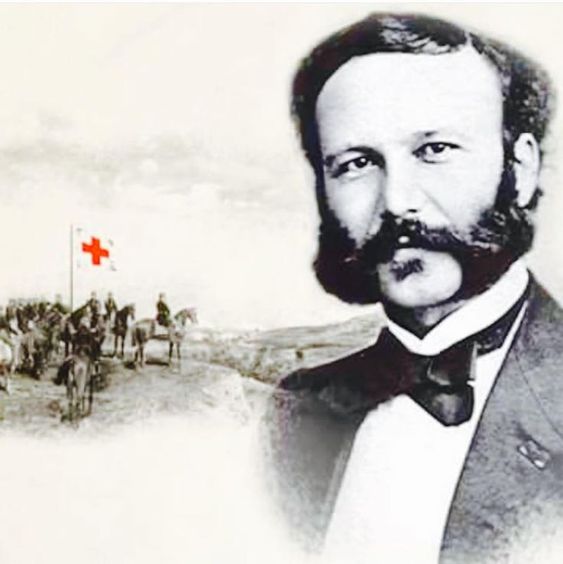
International Red Cross Day, also known as World Red Cross and Red Crescent Day, is a globally recognized event celebrated on May 8th each year. It commemorates the birth anniversary of Henry Dunant, the founder of the International Committee of the Red Cross (ICRC) and the recipient of the first Nobel Peace Prize. This day serves as a reminder of the incredible humanitarian efforts undertaken by the Red Cross and Red Crescent societies worldwide. Let’s delve deeper into the significance and history of this important day.

The Origin and History
International Red Cross Day traces its roots back to the late 19th century when Henry Dunant, a Swiss businessman, witnessed the horrors of the Battle of Solferino in 1859. The suffering and devastation he witnessed inspired him to advocate for the establishment of relief societies to aid wounded soldiers regardless of their nationality. This led to the founding of the Red Cross movement and the adoption of the Geneva Convention, which laid the groundwork for international humanitarian law.
In 1863, Dunant, along with four other Geneva residents, founded the International Committee for Relief to the Wounded, which later evolved into the ICRC. The symbol of the Red Cross, inspired by the Swiss flag, was adopted as a protective emblem for medical personnel and facilities during armed conflicts.
International Red Cross Day serves multiple purposes
1. Honoring Humanitarian Work: It honors the tireless efforts of volunteers, staff, and supporters of the Red Cross and Red Crescent societies who work selflessly to alleviate human suffering, provide emergency assistance, and promote humanitarian values worldwide.
2. Raising Awareness: The day raises awareness about the principles of humanity, impartiality, neutrality, independence, voluntary service, unity, and universality, which form the foundation of the Red Cross movement.
3. Advocacy for Vulnerable Communities: It highlights the needs of vulnerable populations, including refugees, migrants, disaster survivors, and individuals affected by armed conflict, and advocates for their rights and dignity.
4. Promoting Peace and Reconciliation: International Red Cross Day underscores the importance of dialogue, reconciliation, and conflict resolution in fostering peace and preventing humanitarian crises.

Celebrations and Activities
On International Red Cross Day, various events and activities take place globally to mark the occasion:
1. Commemorative Events: Red Cross and Red Crescent societies organize commemorative events, seminars, workshops, and exhibitions to showcase their humanitarian work and engage with the public.
2. Volunteer Recognition: Volunteers, who are the backbone of the Red Cross movement, are recognized and appreciated for their invaluable contributions to society.
3. Fundraising Campaigns: Fundraising campaigns are launched to support ongoing humanitarian initiatives, including disaster response, healthcare services, and community development projects.
4. Advocacy Campaigns: Advocacy campaigns are conducted to raise awareness about pressing humanitarian issues, such as armed conflicts, natural disasters, and health emergencies, and mobilize support for affected communities.
Read more: World Ovarian Cancer Day
International Red Cross Day serves as a poignant reminder of the enduring relevance and importance of humanitarian action in today’s world. It celebrates the spirit of compassion, solidarity, and service exemplified by the Red Cross and Red Crescent societies and inspires individuals and communities to contribute to building a more humane and inclusive world. As we commemorate this day, let us reaffirm our commitment to upholding the fundamental principles of humanity and making a positive difference in the lives of those in need.




1 comment